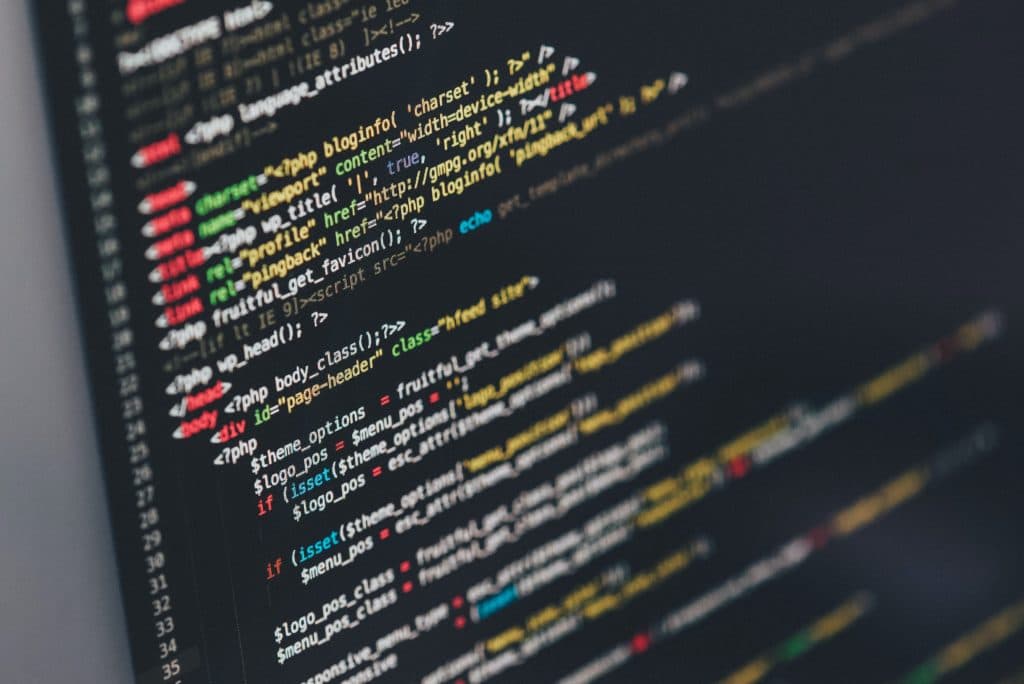Does Spectrum Monitor Your Internet Activity Or Keep Internet History?
When you buy through our links, we may earn an affiliate commission.
With the internet, privacy has become quite the topic. It has come to light that your privacy is often up for grabs by anyone, so many users are beginning to invest in products and programs to help keep that privacy. So does Spectrum monitor your internet activity, or does the company provide you with some privacy?
Spectrum does not monitor your internet activity, nor does it keep any of your internet histories. Your information and previously visited sites will not be sent to this internet provider. But it doesn’t mean they don’t have access to this information.
Even though they do not track your internet history, there are other programs and methods that do that you need to be aware of. Here is everything you need to know about who monitors your internet history.
Does Spectrum Monitor Your Internet Activity Or Keep Internet History?
No, Spectrum does not monitor your keep any data on your internet history. This information will not be taken by the company and used in a way that infringes on your privacy. You can feel safe when you purchase their services.
But this doesn’t mean your information isn’t up for grabs. There are other means that you could be monitored. Some of your information may be public without you being aware of it. But you can protect yourself and your data. Spectrum can even pull some of this data if they wanted to.
How Spectrum Protects Your Privacy
When you purchase an internet provider, you don’t want to purchase just anyone. You want to ensure that your information is protected and you are safe from those trying to pull your data to sell to the highest bidder.
Spectrum does offer their customers basic protection that will help deter those seeking out your information. Here are some of those features:
- Management of devices connected to the network and when those are connected.
- Spectrum Security Shield offers protection for you and your devices.
- Monitoring online threats.
- Advanced traffic encryption via WPA2 via modem.
- Mandatory password protection.
- Notifications for when a new device wants to connect to the network.
- Parental controls for your children.
There are so many more perks that you can get with Spectrum. They ensure that you, your information, and your devices are well protected from viruses and hackers. You can rest assured that no one will be stealing your data or invading your privacy.
Is My Data Public?
Many people may not be aware of this, and even if your internet provider doesn’t necessarily monitor your internet history, it doesn’t mean it cannot be seen. Others can access your ISP address, and your information revealed this route.
This means people can see your internet history and other information, even as specific as your location. This is why your data needs to be encrypted, and measures are taken to protect you so people cannot just look you up and what you may be into. Your data can reveal more about you than you may want to admit.
How To Protect Your Privacy
Although Spectrum takes measures to ensure that you are protected, there is always the chance your devices or network can get infected with a virus or, worse, hacked. This happens even to the best, but you can take steps to protect yourself even further.
You will not need to make any purchases for many of these steps, but if you are truly worried about your data, you may need to purchase software or extra equipment. Here are some things you can do to add a few layers of protection:
- Do not click on any links within an email.
- Ensure your password has numbers, letters, and special characters.
- Don’t give your password out to just anyone that comes to your house.
- Use a guest network for guests.
- Add protective software on your devices attached to the network.
- Erase your data when you are done with it.
- Do not go to “at-risk” websites.
- Scan your devices often for viruses.
- Don’t download unknown or unusual software.
- Scan your network often for viruses.
- Don’t put your passwords in a document that is easily accessible.
- Store any important information in protected files.
- Ensure your cell phone is protected as well; Androids are more prone to viruses than iOS systems.
Always proceed with caution. If you follow these steps, your devices and networks will be safe. Remember that even the best of us can become victims of stolen data or hackers. It takes one accidental click on a malicious link to infect your device and network.
Outro
The internet can be a scary place. There are so many people who can access you, and you may not even be aware of it. Ensure that you take these precautions so people cannot monitor your internet history or steal any of your information.

